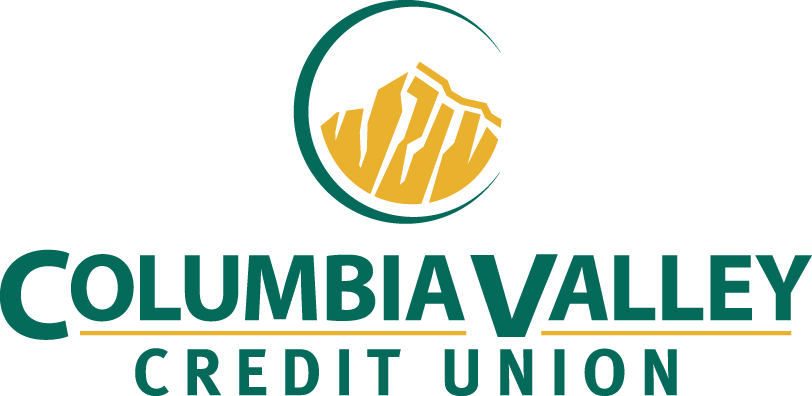
Debit Card
Debit Card Skims
Debit card skimming involves the copying of electronic data from your debit card or other cards. Hidden equipment typically obtains your PIN (i.e., cameras or false PIN pads). The stolen data is then encoded onto a counterfeit card, which is used to withdraw funds without your knowledge.
There are two main methods of Debit Card Skimming:
- At ATM machines, a card reader is placed on either the ATM itself or the entrance door to the ATM if there is a care reader device on the door for access. Hidden cameras are strategically placed to capture you entering your PIN.
- At debit card (point-of-sale) terminals, the merchant swipes your card in the legitimate POS terminal and then swipes your card a second time in a card reader device designed to capture the electronic data on your card. Either a camera or a “shoulder surfer” captures you entering your PIN.
Make sure you always keep an eye on your debit and credit cards. Electronic payment terminals in stores should always be in plain view.
Here are a few basic pointers:
- Do not lend your card to anyone.
- Never give your PIN to anyone, not even to a credit union employee, police officer, friend or family member.
- Always keep your card within view during transactions and don’t let it be swiped twice.
- As soon as the transaction is complete, remember to take your card and the transaction record with you.
- Memorize your PIN. Do not write it down anywhere, especially on your card.
- Be discreet. Hide the keypad with your body or hand when you enter your personal identification number (PIN).
- Refuse to enter your PIN on a keypad that you cannot hold in your hands.
- Do not enter your PIN a second time without first verifying that the previous transaction was cancelled.
- If you suspect that someone saw you punch in your personal identification number (PIN), go to your credit unon immediately and choose a new PIN.
- If your card is lost or stolen, contact your credit union immediately
- Read your statement regularly to make sure you are the only one making transactions on your account. If you notice an unfamiliar transaction, report it to your credit unon.
